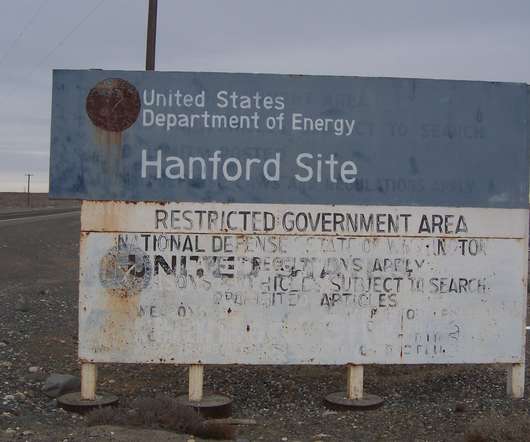SCOTUS Kicks Off February Session With Four Cases
Constitutional Law Reporter
JANUARY 26, 2023
The Ohio Adjutant General’s Department v. Federal Labor Relations Authority: The case stems from a collective-bargaining dispute between the Ohio National Guard and the union that represents its technicians. The post SCOTUS Kicks Off February Session With Four Cases appeared first on Constitutional Law Reporter.














Let's personalize your content